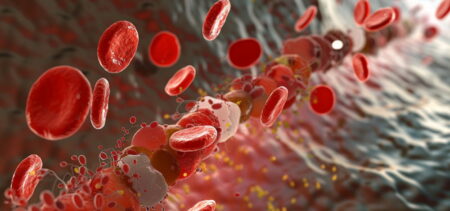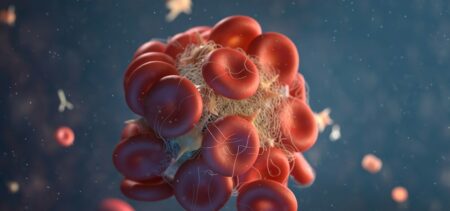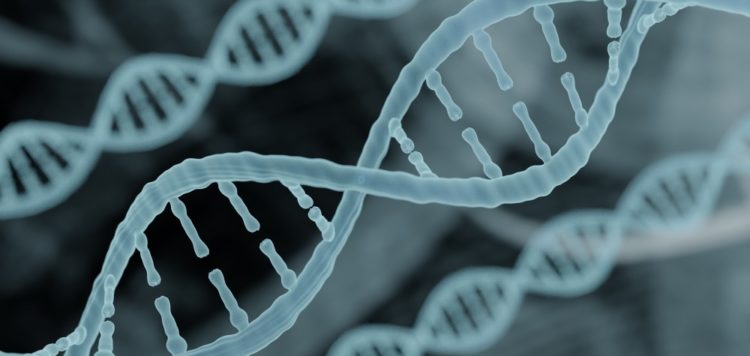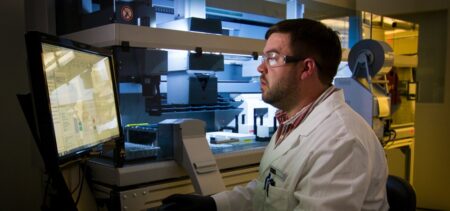Trinity scientists, along with international colleagues, have explored the importance of sea travel in prehistory by examining the genomes of ancient Maltese humans and comparing these with the genomes of this period from across Europe. Previous findings from the archaeological team had suggested that towards the end of the third millennium BC the use of the Maltese temples declined. Now, using genetic data from ancient Maltese individuals the current interdisciplinary research team has suggested a potential contributing cause. Researchers found that these ancient humans lacked some of the signatures of genetic changes that swept across Europe in this period, because of their island separation. Scientists concluded that physical topography, in particular seascapes played a central role as barriers to genetic exchange.



























